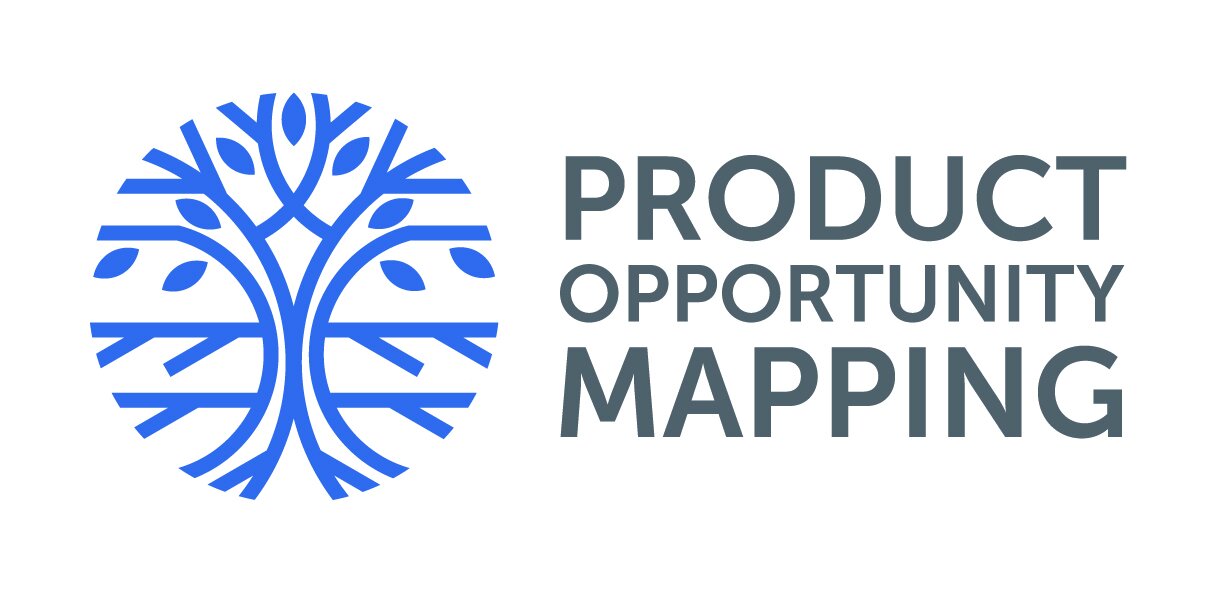First Principles Attack
When companies or teams get bogged down with a problem or are at odds with how to move forward on a new opportunity, a common approach is to “go back to first principles”.
It is something I run across all the time in my work helping companies identify, evaluate and select new product opportunities through my Product Opportunity Mapping framework. When building new products or a start-up for that matter, the problem for teams and entrepreneurs – who are doing something truly novel - is how to deal with so many uncertainties and unknowns. As they are trying to predict the future , those predictions are never perfectly accurate so making assumptions is inevitable and it can get complicated very quickly.
With that in mind, a key premise of Product Opportunity Mapping is to identify the biggest uncertainties or unknowns and figure out which ones will be the key drivers for success - or failure.
A powerful way of identifying these key variables is using a first principles approach.
First principles thinking is a way of reverse engineering complicated situations and clarifying complicated problems by separating underlying facts and assumptions. What remains are the essentials and it’s this foundational knowledge from which everything else is built.
A key aspect of this approach is to determine what is an assumption versus a provable fact. When developing something new, it’s not always possible to prove out everything in advance so it may be necessary to repeatedly tear apart a hypothesis, test or retest the assumptions and build it back up again.
For my clients, they for the most part see it as an understandable and logical approach and while it doesn’t always work, it’s a good way of filtering out the noise and attacking a problem from a different angle.
I see the approach as common sense but much to my surprise I sometimes get push back – and from time to time it can be vehement.
In one case earlier this year I suggested using the first principles approach to a CEO who was trying to move his company in a new direction by developing new products for new markets. Unfortunately, his team was spinning their wheels despite their past successes and their “expansive mindset” for being open to new ideas.
I thought he would be very interested in the first-principles concept as a way to regain some momentum but when I mentioned it, it was not a good conversation. His response was quite negative and at the time, I couldn’t figure out why.
It bothered me enough to seek out the counsel of a good friend (and also a CEO) who suggested that my first-principles approach may have come across as an attack.
His reasoning was that if you ask someone who has come up with a strategy in the first place to go back to first principles, it is tacitly saying their strategy could be wrong and might require an admission of failure. Or, it could come across as “you don’t know what you’re doing”.
From that perspective, I can understand why someone might be defensive but the pushback could also mean the person suffers from a blind spot, may not have the personality traits to be open to suggestions (or more commonly many people say they are open to new ideas but actually aren’t), or changes in the market have left their company behind and they have realized it yet.
The bottomline is: what someone thinks is a fact may actually be an assumption and if the assumption is invalid, there is risk.
What are the key uncertainties and unknowns in your business or product development effort? Can a first-principles approach suss them out? Do you need to tear apart and rebuild your company’s hypothesis?
The world, your customers and the markets are changing constantly so be open to the reality that some of the foundational pieces of your company or product might be invalid - and if not today, in the near future. Otherwise, its a blind spot in the making.

